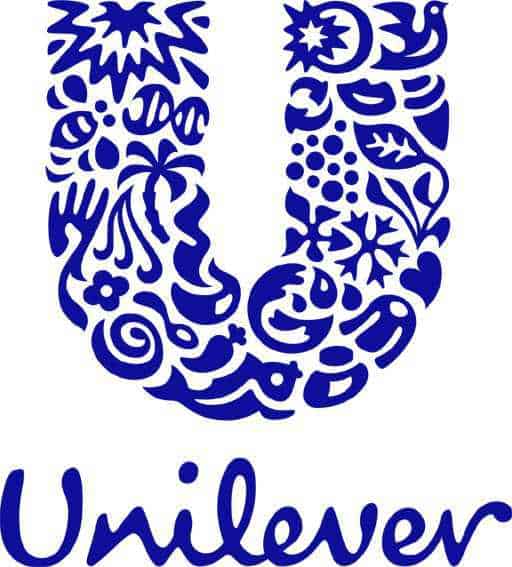Unilever is considering rebalancing its brand portfolio. When is the last time you rebalanced your skill portfolio?
 Unilever (a merger of Lever Brothers and Margarine Unie in 1929) is an Anglo-Dutch consumer goods powerhouse with well-known personal care brands such as Dove, Axe, Vaseline, and Suave as well as food brands such as Ben & Jerry’s, Slim-Fast, Ragu, Bertoli and Skippy. If you look at any region on planet earth, there are Unilever brands in people’s homes. Unilever is the clear, global competitor to Proctor & Gamble down to every euro, yen, peso, pound, rupee, and real. So when Unilever reevaluates its own brand portfolio, people take notice. You should too!
Unilever (a merger of Lever Brothers and Margarine Unie in 1929) is an Anglo-Dutch consumer goods powerhouse with well-known personal care brands such as Dove, Axe, Vaseline, and Suave as well as food brands such as Ben & Jerry’s, Slim-Fast, Ragu, Bertoli and Skippy. If you look at any region on planet earth, there are Unilever brands in people’s homes. Unilever is the clear, global competitor to Proctor & Gamble down to every euro, yen, peso, pound, rupee, and real. So when Unilever reevaluates its own brand portfolio, people take notice. You should too!
Financial Times, “Unilever exploring options to restructure food business”, on November 10, 2011 reports that Unilever’s board is concerned about food consumption decreasing and the company’s dependence on food product sales in Western Europe and North America. In North America, its foods business (including brands like Hellman’s  Mayonnaise) has shown no growth for the past two years. At the date of this blog post, the company has yet to decide what it will do. It is important to note the process that Unilever is using to make this decision.
Mayonnaise) has shown no growth for the past two years. At the date of this blog post, the company has yet to decide what it will do. It is important to note the process that Unilever is using to make this decision.
Unilever’s evaluation of its own brand portfolio is an excellent framework for how you can reevaluate your own skill portfolio:
- Sponsor/Mentor Input (Your Board of Directors) – Who on your personal board of directors is giving you valuable feedback on your skills and abilities? These people are invaluable in helping you understand the external marketplace and where you skills/talents compare to your competition. Listening and acting on their input is essential to your career development.
- Boss/Key Stakeholders Input – How does your boss/key stakeholders perceive your current skills/talents? Is there a “mayonnaise” in your skill set that your boss/key stakeholders feels is no longer relevant? By having an honest conversation with your direct supervisor, you can set clear goals to take on new skills and responsibilities. This will continue to show your professional self-awareness commitment, your “coachability” factor and most importantly your “promotability” factor.
- Professional Interest & Satisfaction – As you evaluate your skill/talent portfolio, are there types of work that you gravitate towards? Is this type of work a need on your current team or division? Perhaps you could volunteer to acquire these skills?
- Continual Evaluation – Looking for “mayonnaise” can be an on-going evaluation, as the needs of the market change.
The relevancy of your talents and skills to the current marketplace is essential to progress in your career. By having a series of honest conversations on the subject, you can do your career some real good. Follow the Unilever model!
